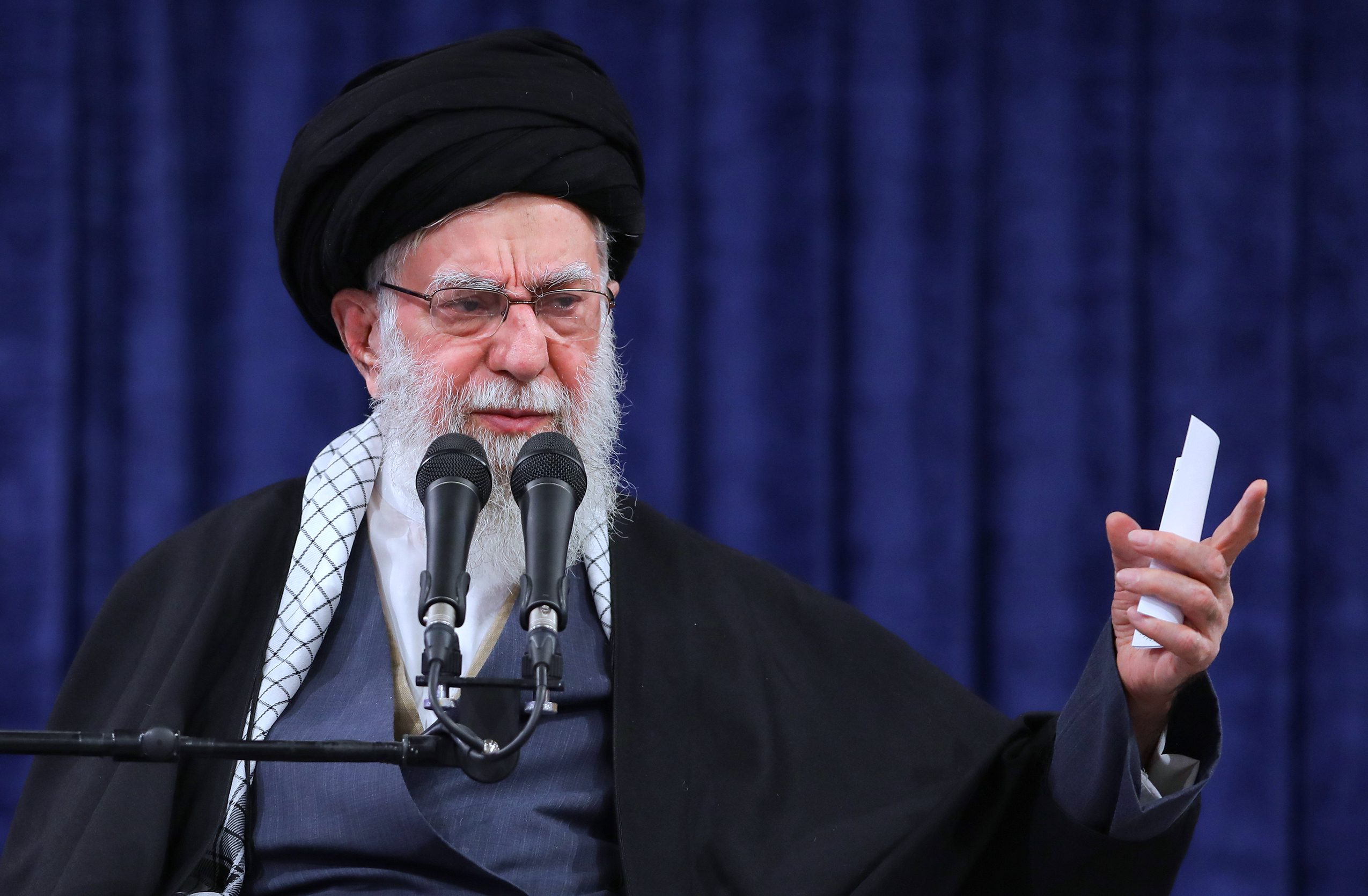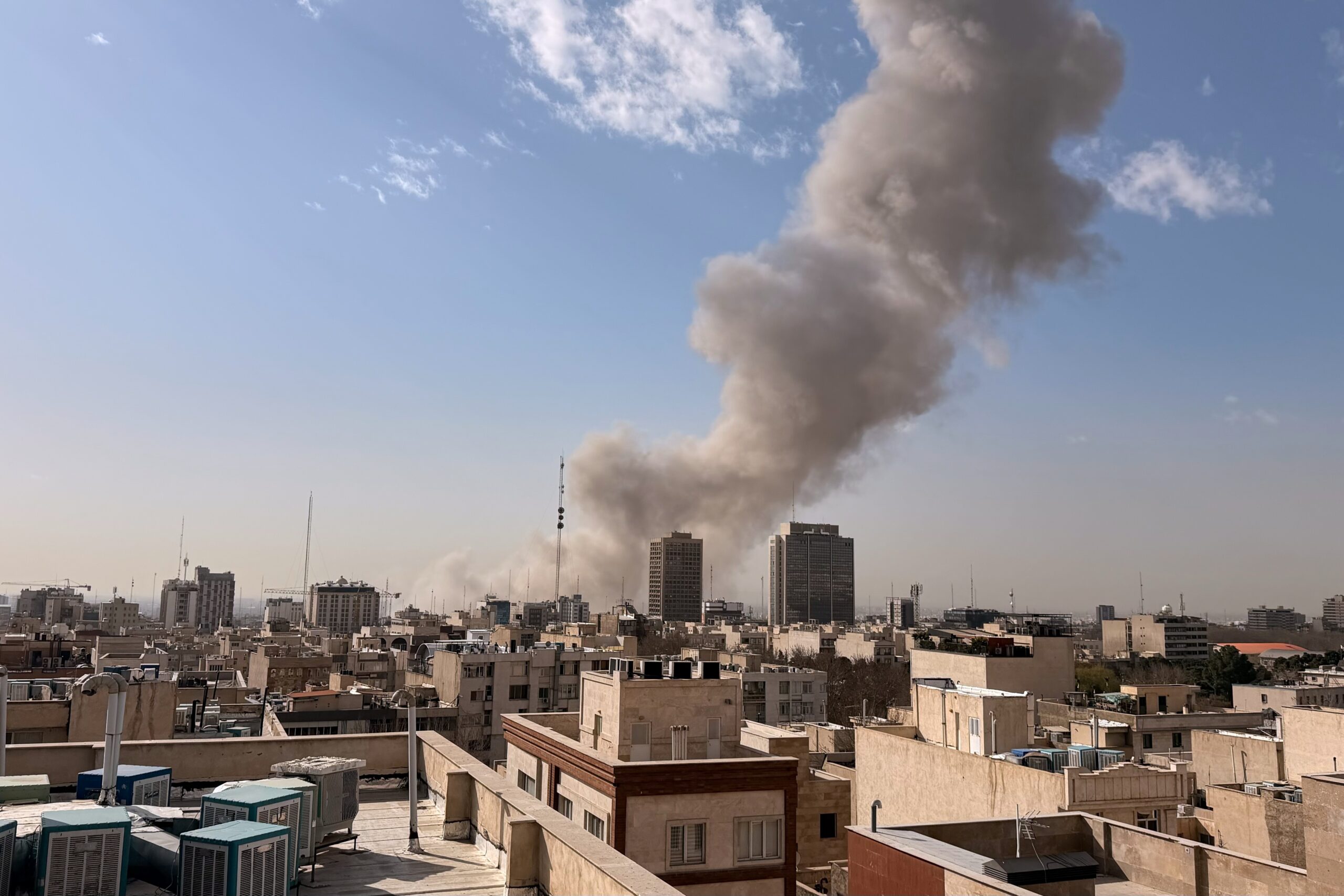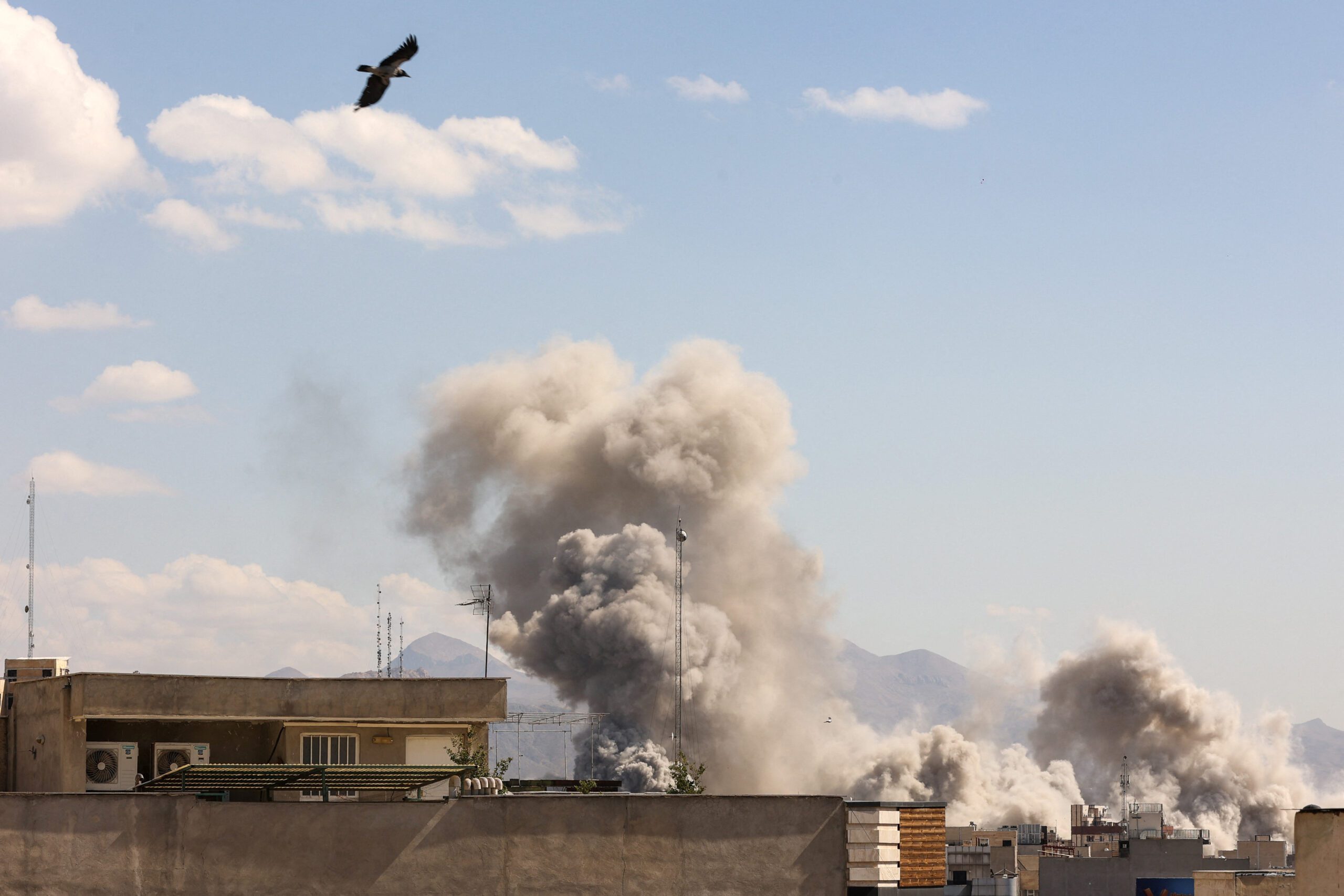Mar 25, 2025
Somber Resilience: Ayatollah Khamenei’s New Year Address
The March 25 edition of the Iran Media Review examines the Iranian supreme leader’s remarks about Iran’s proxy forces.
Supreme Leader Ayatollah Ali Khamenei’s March 20 Persian New Year address was far from jubilant, conveying a tone of somber resilience rather than triumph. He acknowledged that Iranians had endured significant economic hardship over the past year with further challenges likely in the year ahead. Regarding recent communications from President Donald J. Trump and other U.S. officials, Khamenei adopted a posture of defiance, though his rhetoric was not categorically intransigent: Iran has no proxies in the Middle East region, he asserted, which may indicate his willingness to accommodate Trump’s demands regarding Iran’s regional activities.
- March 20: Supreme Leader Ayatollah Ali Khamenei delivered an address commemorating the Persian holiday of Nowruz, which was reported on by his official website:
- Drawing from the Quranic narrative of the “Book of Exodus,” Khamenei invoked the plight of the Israelites under Pharaoh’s oppression, recounting their lamentations. Yet Moses urged them to maintain faith in divine intervention and persevere. Analogously, Khamenei acknowledged the hardships endured by the Iranian people over the past year but urged them to remain steadfast: “Resist. Your steadfastness shall bring about the defeat of the wicked and depraved Zionist regime.”
- Addressing recent pronouncements from President Donald J. Trump and other U.S. government officials, Khamenei remarked:
- “There is much talk about the statements of the Americans and U.S. government officials: One of them says something, another completes those statements, a third dismisses it, and the fourth proves the statements. Let me just say a couple of things in this regard: First, and most important, the Americans must understand that their threats shall avail them nothing. Second, they and others should know that, for their malevolence, they shall receive a resounding slap in the face if they betray the Iranian nation.”
- “Another issue: American, European, and other politicians are gravely mistaken in calling regional resistance centers ‘Iran’s proxy forces.’ This is an insult. A proxy? The Yemeni nation has its own motives and so do other centers of resistance in the region. The Islamic Republic of Iran is not in need of proxies. What is the meaning of such statements? From the beginning of the usurpation of Palestine, Yemen became a frontline state resisting the usurpation … the struggle of the Yemeni nation” and others is born of their own volition and cause.
- “The Islamic Republic resists the bullies and the betrayals. We have clearly expressed our position: We defend the Palestinian and Lebanese fighters who defend their country, Gaza, and Palestine. This has always been the approach of the Islamic Republic despite the threats. They should know that we have never started the fight and struggle, but if anyone engages in villainy and starts a fight, he will be dealt many a hard slap!”
The views represented herein are the author's or speaker's own and do not necessarily reflect the views of AGSI, its staff, or its board of directors.


















